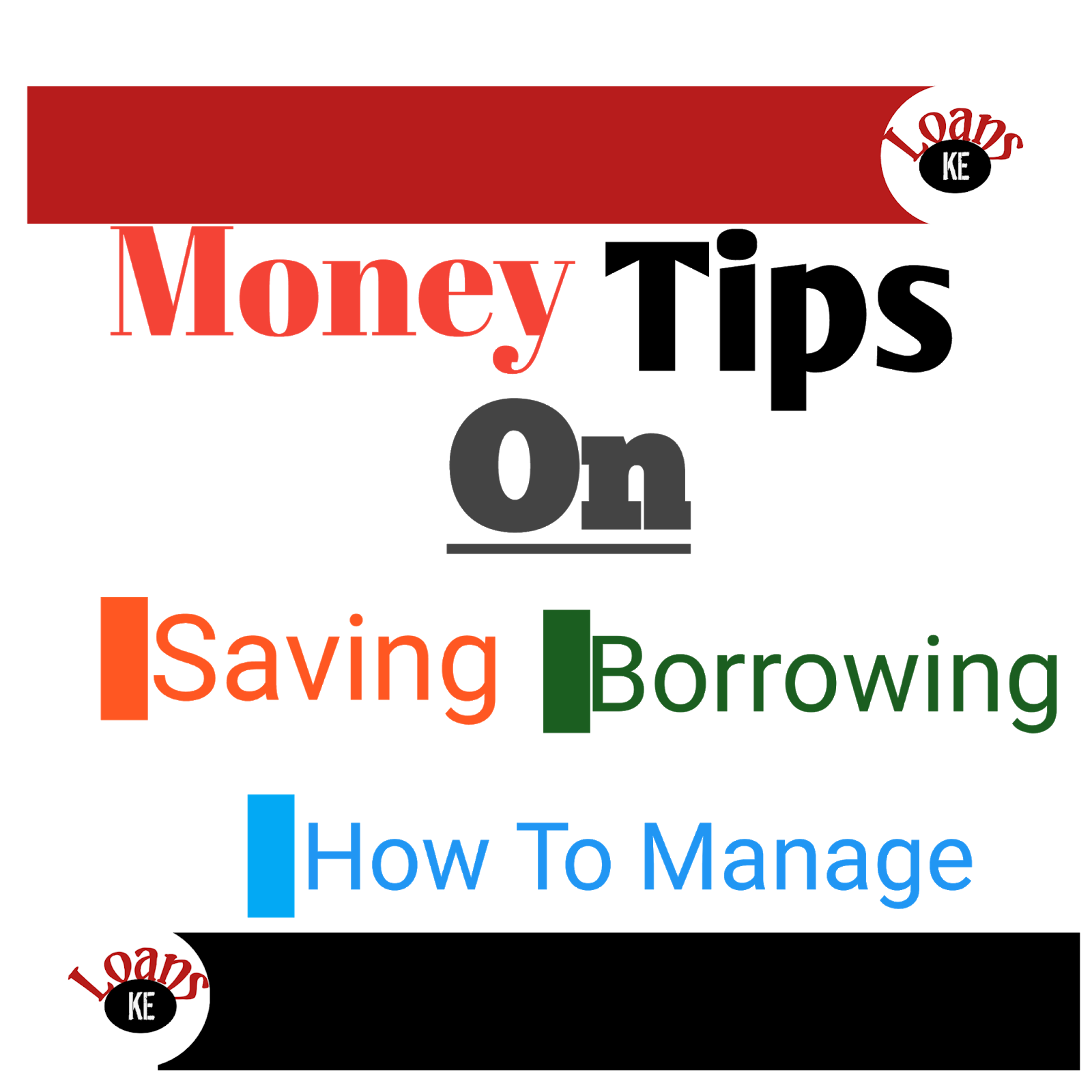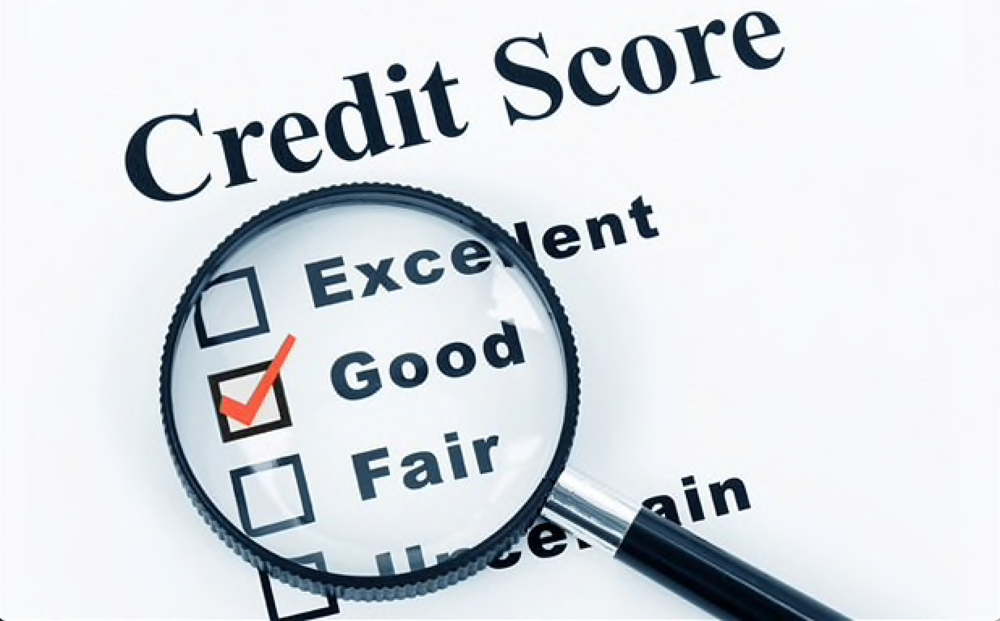
I am extremely debt averse. In fact, the only debt I have is my mortgage. However, I do have family members who have been struggling with debt for a long time, whom I try to help out with some friendly advice. Someone in my family, for example, is a head of household who’s had a hard time holding on to a job in recent years, especially in the state where he lives, where unemployment has been sky high. So he’s taken on personal loans, credit card debt, auto loans and even student loans galore! With so many loans to manage, he’s often asked me and other people for tips and advice.
Here’s what I tell him: If you’ve got a lot of loans under your belt, you’ll want to make sure to manage them well, or risk wrecking your credit by making a late payment somewhere. Dealing with debt involves both defense and offense: when your goal is to cut down on the debt you carry, the key is to stop borrowing any more money, to make sure you can afford paying down your loans (spend less and earn more to pay off debt!), and to try to lower your interest rates as much as you can.
Here are a few tip to keep your debt under control and ways to speed up the process of reducing your debt load.
1. Keep tabs on your credit.

Anyone who borrows money should keep an eye on their credit. But interestingly, there are quite a good number of people who aren’t even aware of their credit score. Do you know what your credit report says about your debt habits? If you’ve got loans and many accounts you’re dealing with, you’ll need to know how your debt load affects your credit rating. The way you manage your debt influences your credit rating: this is important because by taking care of your credit, you can be eligible for cheaper loans or have the leeway to reduce your loan interest rates. If you want to retire your loans as quickly as possible, having a healthy credit history may help you negotiate your way to lower rates.
2. Consolidate your loans.

You may want to consider consolidating your loans on your own as a way of reducing your debt. For example, I like the idea of using balance transfer credit cards if you can commit to paying down your debt before the teaser rates bump up. Despite the credit crunch, there are still 0% APR credit card offers that abound, to which you may think about transferring your debt balances over if you can be aggressive about paying off your debt at the 0% rate within a short period of time.
3. Do your own debt management.

Before you seek credit counseling or turn to debt settlement companies, do all that you can to handle your debt issues on your own. Handling things on your own is cheaper. A lot of it is simply applying fiscal discipline: start off by avoiding new debt. Don’t take on additional debt unless you are comfortable with what you’re already dealing with. Cut back on spending or try to earn more in order to cover your bills. There’s really no magic bullet here: there’s nothing that others can help you with that you can’t already do on your own. If you really are experiencing hardship, turn to local and government financial programs that are geared to assist low income families or those having a hard time paying their bills.
4. Lower your interest rates.

Find out if you can somehow reduce your loan rates. Can you qualify for low interest credit cards? Or you may think about taking out a cheaper personal loan to pay off a more expensive loan. Also, you may be surprised to know that financial institutions may have hardship programs available and that bankers may be willing to negotiate with borrowers who approach them for guidance. It never hurts to try!
5. Pay on time!

You know you’re in trouble if you’re unable to make your loan payments on time: this indicates that you’ve taken too heavy a load and that you should make it a priority to address this debt. Do your best to cut down on expenses, while paying on time. Pay your bills late and you’ll see your rates go up. Whatever happens, do your best to make those payments because late or missing payments can do a number on your credit.
6. Pay more than what’s required each month.

If you ever get a hold of a windfall or find yourself with extra income, you should think about applying it towards your debt. Some people suggest keeping debt around while banking the extra money in an emergency fund, but I think it would depend on just how big a debt obligation you actually face. If debt is a thorn on your side, get rid of it asap. In my case, I’ve added extra payments to my mortgage whenever I could afford it!
7. Be picky about the help you choose to get.

Turning to credit counseling, debt settlement and loan modification outfits should be the last thing you try to do. You can actually do your own debt negotiations yourself by approaching your lenders directly for assistance. Some people decide they need the extra help by reaching out to debt management companies when they feel there’s nowhere else to turn. These companies can help alleviate the pressure but you’ll be paying for offloading the work onto someone else. The good news is that there are other free and non-profit programs that may be able to assist you — so go to these first
No matter if some one searches for his necessary thing, thus he/she wishes to be available that in detail, therefore that thing is maintained over here.